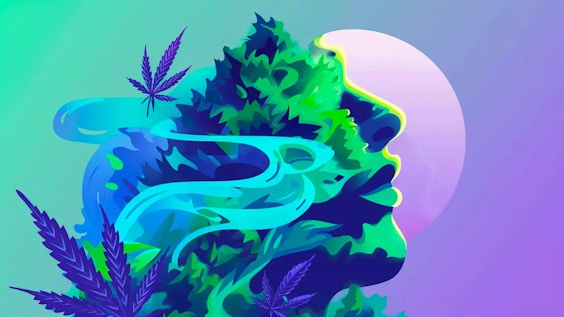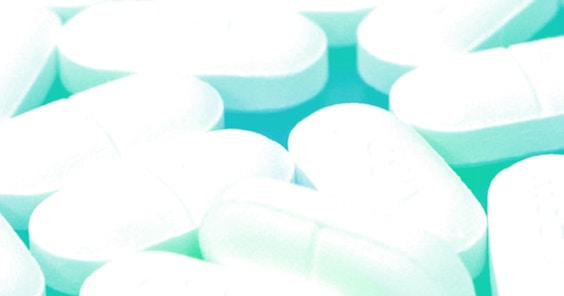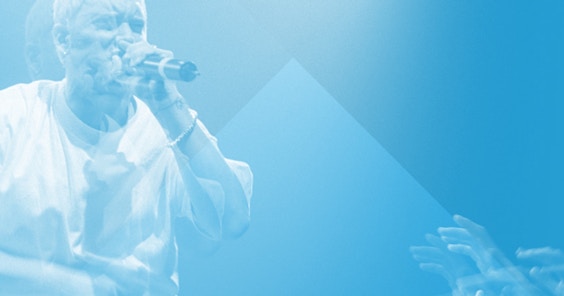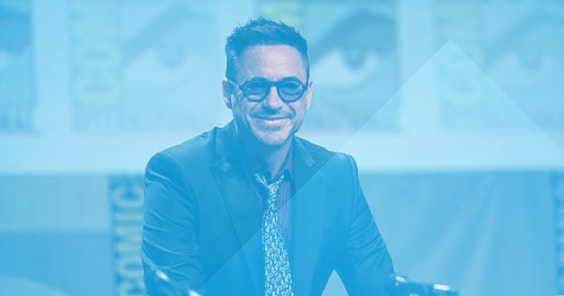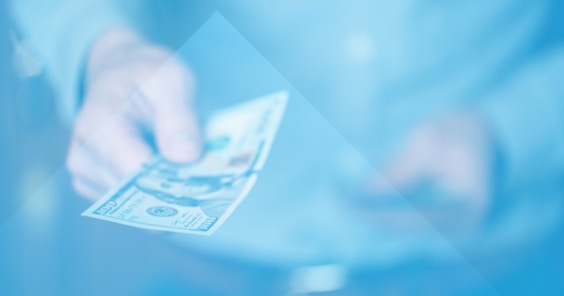I Am Sober is a free app that helps you get some control back in your life.
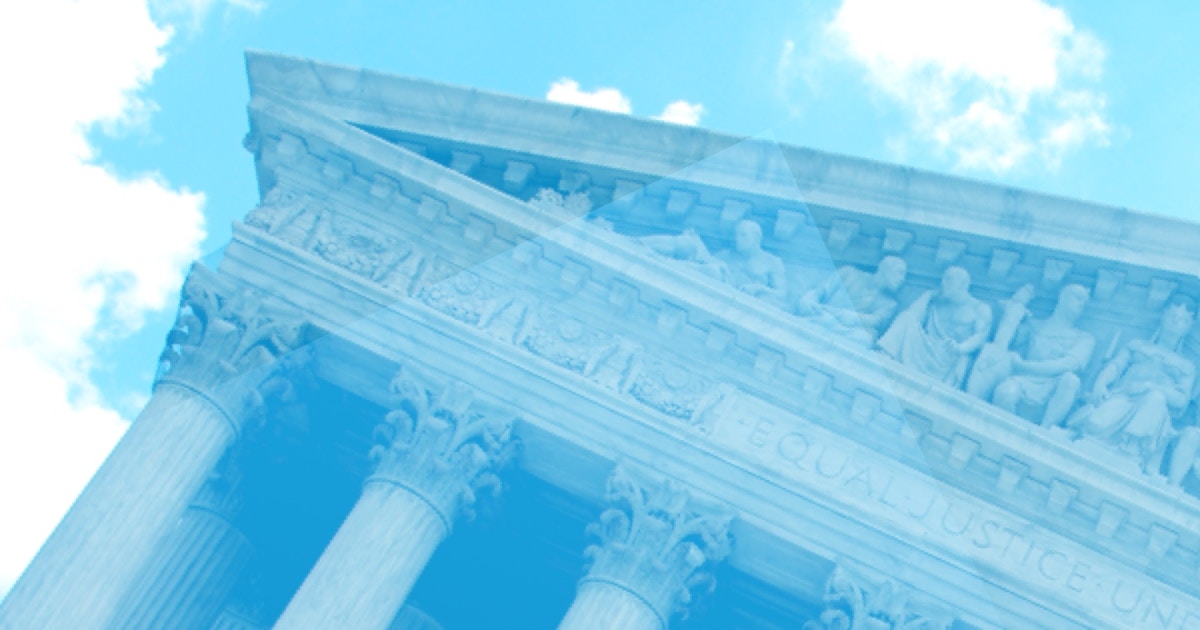
Legality of Psychedelics in the United States
Last Updated: Tue, January 23, 2024This is a guest-post by Aeden Smith-Ahearn. This article is intended as an educational resource - it explores the idea of using psychedelics to treat addictions. I Am Sober does not advocate the use of psychedelics. You should always research and discuss taking any kind of medicine with a medical professional.
The United States is fighting a losing battle with the opiate epidemic. Last year, over 60,000 people lost their lives to drug overdose, and the number shows no sign of falling. Right now, drug overdose is the leading cause for accidental deaths in the US.
This is a troubling statistic, and one that we don’t seem equipped to deal with. The current treatments that are available aren’t working, and this has led to a rising number of addicts with nowhere to turn.
Psychedelics like LSD, psilocybin, and Ibogaine have provided promising treatment options for those suffering with addiction. They’ve been used in a variety of different ways for thousands of years, but legal issues have led many people to overlook their use.
For example, Ibogaine has become increasingly relevant as the opioid epidemic has swept across the nation. It’s been used in other countries to successfully stop anywhere from 60-100% of withdrawal symptoms. It’s been shown to be one of the most effective addiction treatment methods available.
The effectiveness of Ibogaine has been proven through its use at a number of licensed treatment facilities in places like Mexico and Canada. Unfortunately, it’s been banned in the US due to antiquated laws that align medications like Ibogaine with illicit drugs.
A History of Psychedelics
Psychedelic medications have a rich and complex history within the US. However, this has been compounded by legal problems and a lack of current scientific studies.
The Early Days of Psychedelics
Psychedelic medicine has been a point of curiosity for thousands of years. It has a number of unique properties, and scientists still don’t have a clear understanding of exactly how much potential these drugs can offer the world of medicine.
LSD, psilocybin, Ibogaine, MDMA, and a number of other chemicals, many of which Americans associate with illicit drugs, have shown promise in treating several different medical and psychological issues.
The early history of psychedelics can be traced back to the use of peyote, iboga, and countless others thousands of years ago. iboga was widely used in West Africa as a means of spiritual and physical healing, and peyote was used in Native American ceremonies for an equally impressive length of time.
Getting More Recent
Early studies of psychedelic drugs were beginning to show promise.
LSD and psilocybin were first used to treat addiction to alcohol and even nicotine in the 1950s and 60s. LSD was believed to induce a heightened state of relaxation and introspection that somehow, when used in a therapeutic setting, worked to treat the underlying issues that seemed to cause addiction.
Psilocybin proved to be less effective against stronger drugs like opioids and alcohol but had similar psychedelic effects to a lesser degree. This made it a point of interest for treating certain psychological trauma and anxieties.
In these early years, LSD became fairly popular as an experimental treatment for alcoholism. According to the Journal of Psychopharmacology, data collected from 500 test subjects during that time showed that the use of LSD in treating alcoholism had some of the highest success rates for both the short and long term sobriety.
Ibogaine has had similar results when used to combat addiction to strong opioids. This is particularly prudent with relation to the current and ongoing opioid epidemic that’s sweeping across the US.
Legal Issues and Psychedelics
In 1967, the US classified all of these psychedelic drugs as Schedule I substances—making them illegal for any type of consumption, possession, or even medical study within the United States. This put many ongoing and future scientific studies to an immediate end.
An overzealous government took a reactionary stance on drugs and ended productive studies when they threw psychedelic medications into the fray with illicit drugs.
The war on drugs classified all psychedelic drugs in almost the exact same way—creating a problem for those in the scientific community who knew that these medications could be profoundly beneficial when used correctly.
The Reality of Psychedelic Medications
The truth about psychedelic medications is that they can be one of the most powerful tools we have in the fight against addiction and certain mental health issues. This is why other countries have continued to welcome their use with open arms.
However, new studies in the US have begun to emerge, and it seems that this zero tolerance mentality on psychedelic drugs is beginning to bend.
A closer look shows many of the benefits of psychedelic medicine, some of these benefits even being discovered in the last decade.
-
LSD- LSD is a powerful psychedelic that must be synthesized in a lab. When done correctly, it has the power to safely and effectively treat problems like alcoholism. It’s also been proven effective against anxiety and Post Traumatic Stress Disorder.
-
Psilocybin- This natural psychedelic is often associated with “magic mushrooms.” While still illegal for personal use in the US, it can be quite effective when used for the right reasons and overseen by medical professionals. John Hopkins University recently renewed some of their research into the use of psilocybin to fight an addiction to nicotine.
-
MDMA- While originally used in couple’s therapy to help people reconnect to one another, MDMA is gaining ground in the US for its treatment of acute and chronic anxiety as well as PTSD. It’s still highly experimental, and illegal outside of research studies.
-
Ayahuasca- Ayahuasca is a naturally occurring psychedelic originating in the Amazon. It’s been used for centuries to promote spiritual healing and personal growth. Many independent studies claim the Ayahuasca’s active ingredient, DMT, can promote healing in the brain.
-
Ibogaine- Ibogaine has proven itself to be one of the most promising treatments for opioid addiction. It resets chemical levels within the brain of the addict, allowing for long-term sobriety. Certain states, like Maryland, are considering allowing addiction treatment with Ibogaine to help combat the growing opioid crisis in the US. It remains widely illegal in the US but is gaining traction.
The Legal Debate
Many of these psychedelics have proven themselves effective in fighting addiction and in treating a number of different psychological issues. This has led to a lively debate on their legality within the US.
Psychedelics like Ibogaine and LSD have been used by other countries for decades with excellent long-term results and minimal.
The future of psychedelics in the US will be determined by their usefulness and in an ability to overcome laws that may have been made in haste.
Fortunately, for many suffering from these different conditions, psychedelic medicine has began making its way back into the conversation, gaining favorable traction in scientific and medical communities throughout the country.
I Am Sober is a free app that helps you get some control back in your life.
